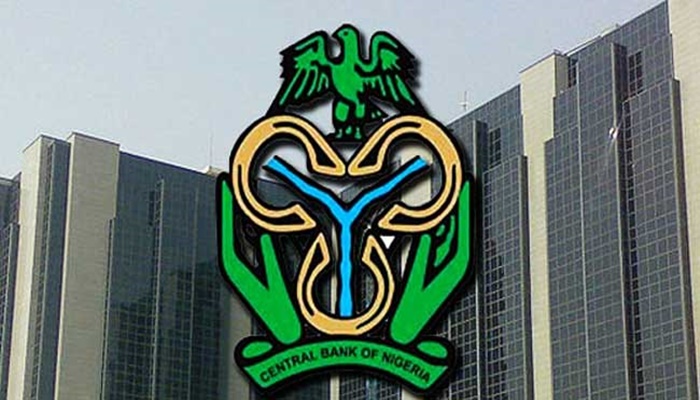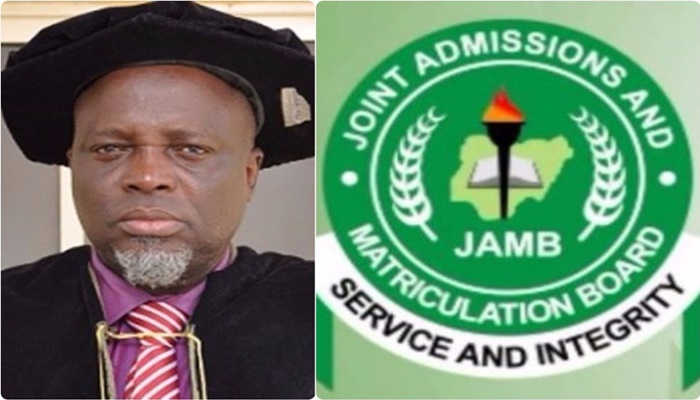
This warning serves as a reminder of the challenges posed by Nigeria’s high debt burden.
The Debt Management Office (DMO) has issued a warning to the Federal Government (FG) against additional borrowing, citing that 73.5% of this year’s revenue will be used to service debt.
According to the DMO, this high Debt Service-to-Revenue ratio is unsustainable and poses a threat to debt sustainability.
The DMO recommended that the FG focus on increasing revenue generation to achieve a sustainable Debt Service-to-Revenue ratio. It suggested raising the projected FGN revenue from N10.49 trillion to about N15.5 trillion.
These recommendations were made by the Office after analyzing the nation’s debt profile in 2022.
DMO’s analysis revealed that the Total Public Debt-to-GDP ratio is projected to increase to 37.1% in 2023, mainly due to new borrowings, FGN Ways and Means at the CBN, and estimated Promissory Notes issuance. While the baseline scenario indicates that the debt stock remains sustainable, the borrowing space has been reduced compared to the self-imposed debt limit of 40%.
The projected FGN Debt Service-to-Revenue ratio of 73.5% for 2023 exceeds the recommended threshold of 50% due to low revenue. This highlights the urgent need to significantly increase government revenue.
The DMO emphasized the importance of adhering to existing legislation on government borrowing, such as the Fiscal Responsibility Act 2007 and the Central Bank of Nigeria Act 2007, to moderate the growth rate of public debt.
Furthermore, the DMO called for a focus on revenue mobilization initiatives and reforms to increase the country’s tax revenue to GDP ratio. It also suggested encouraging private sector involvement in funding infrastructure projects through Public-Private Partnerships (PPP) and reducing borrowing by privatization or sale of government assets.
Experts have supported the DMO’s caution against further borrowing, highlighting the precarious nature of the debt service-to-revenue ratio. They emphasized the need for fiscal discipline, adherence to borrowing limits, and implementation of measures to improve revenue generation.
The DMO’s warning serves as a reminder of the challenges posed by Nigeria’s high debt burden. It underscores the importance of pursuing sustainable revenue generation strategies and prudent fiscal management to ensure long-term debt sustainability and economic stability.






